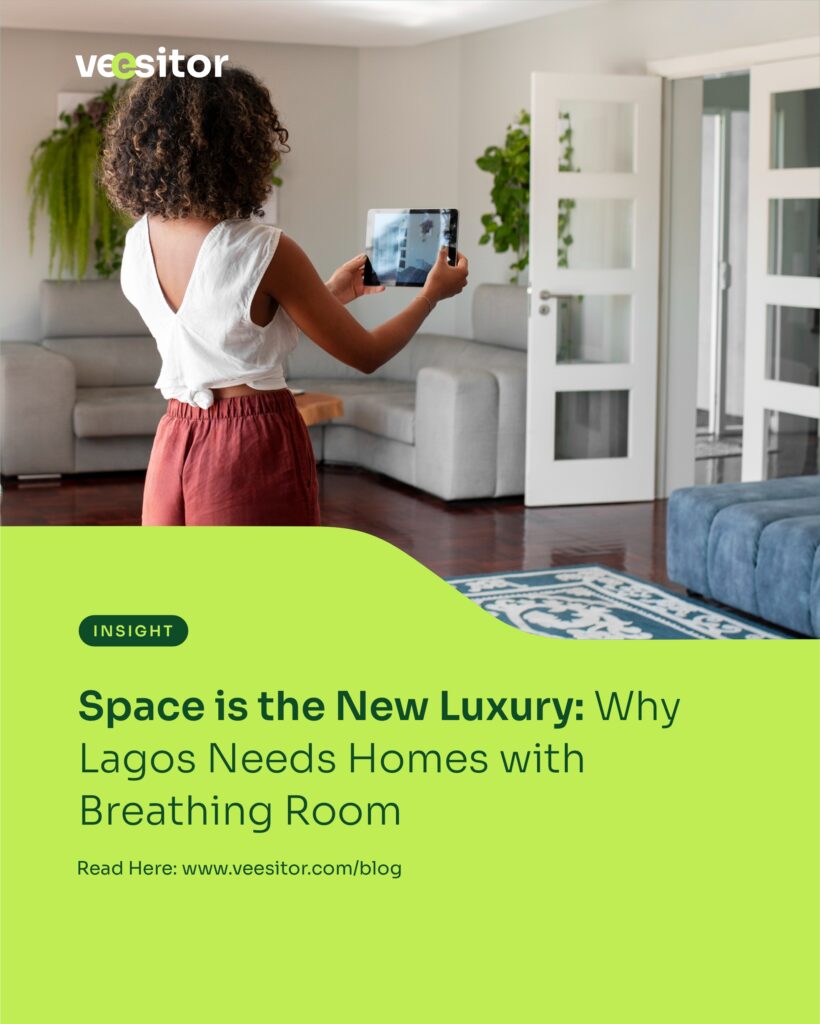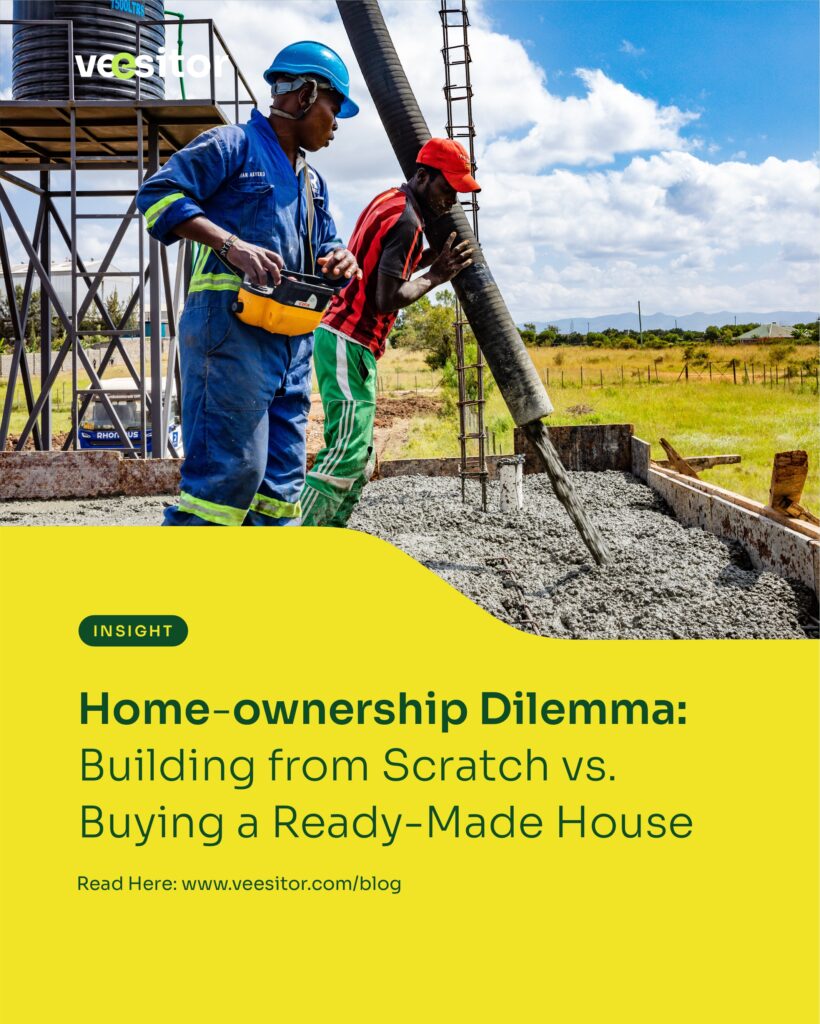If Lagos were a house, it would be bursting at the seams, with residents elbow-to-elbow, vying for room to stretch, breathe, and just exist without bumping into someone else. Picture it: a closet that’s trying to fit a mansion’s worth of people and belongings. The city has become a labyrinth of compact apartments, where every square meter is crammed with walls, furniture, and people. It’s like trying to fit a three-piece suit into a suitcase meant for a swimsuit. But as Lagos continues to grow, so does the need for homes that don’t feel like sardine cans. In this bustling metropolis, space has truly become the new luxury, and it’s time to talk about why Lagos deserves homes with room to breathe.
The Rise of Clustered Living in Lagos: How Did We Get Here?
Lagos didn’t start out as a maze of packed houses and tight spaces. Once upon a time, there was room to roam, yards to play in, and space to breathe. But as the city transformed into one of Africa’s largest urban centers, land quickly became a precious commodity. To keep up with the rapid influx of new residents, developers started building vertically and compactly. High-rise apartments sprang up like mushrooms after a rainstorm, cramming as many units as possible into limited land areas. And so, clustered housing was born, driven by the city’s desire to squeeze as much into as little as possible. Now, instead of spacious yards, we’re left with tiny balconies; instead of quiet neighborhoods, we have bustling clusters of identical buildings.
Living in a Tight Space: The Challenges of Overcrowded Homes
Living in a clustered home is a bit like wearing clothes that are two sizes too small. There’s barely room to stretch out, let alone grow. Privacy becomes a luxury when you’re separated from your neighbors by just a thin wall; every sound, every conversation, seems to seep through. For families, especially, it’s challenging. Children have no space to run around, and adults have little room for quiet or solitude. Overcrowded homes can feel like an assault on the senses, leaving you drained rather than refreshed. And beyond the walls, the density spills over into parking, shared facilities, and public spaces, where residents are forced to compete for everything from a parking spot to a place to sit.
More Room, More Comfort: The Benefits of Spacious Living
Imagine walking into a home that actually feels like a retreat – where there’s room to spread out, think, and breathe without stepping on someone’s toes. Spacious living isn’t just about comfort; it’s about reclaiming a sense of calm and balance. Homes with ample space allow each member of the family their own sanctuary, even within the same roof. There’s more room for natural light to pour in, for plants to thrive, and for air to circulate. Living in a spacious environment doesn’t just improve physical comfort; it lifts spirits and reduces stress. In a sprawling city like Lagos, a roomy home is like an oasis in the middle of a desert, providing relief from the fast-paced, congested world outside.
The Environmental Angle: How Clustered Housing Affects Lagos
Overcrowding in Lagos isn’t just a personal issue – it’s an environmental one too. Clustered housing often leads to overburdened infrastructure. Think about it: cramped neighborhoods generate higher waste and consume more water and power per square meter. Without space for green areas, we lose the natural cooling benefits of plants and trees, adding to the urban heat. Pollution from cramped living spaces, poor ventilation, and inadequate waste management systems only makes matters worse. Creating homes with space isn’t just about individual comfort; it’s about building a city that can sustain itself without collapsing under the weight of its own population.
Looking Ahead: Why Lagos Needs to Embrace Spacious, Well-Planned Homes
For Lagos, the future lies in smart urban planning that prioritizes quality over quantity. Building homes with ample room isn’t about creating mansions; it’s about designing spaces that consider the mental, physical, and environmental well-being of residents. Developers should look at new designs that include shared green spaces, more natural ventilation, and layouts that offer privacy without feeling cramped. Veesitor, for example, could advocate for housing policies that encourage more thoughtful, sustainable building practices. As Lagos continues to grow, we need to shift from packing people into every corner to creating communities where people can truly thrive.
The beauty of Lagos lies in its vibrancy, its culture, and its people – not in its cramped living spaces. When we prioritize space, we prioritize the well-being of everyone who calls this city home. Let’s start imagining a Lagos where each home feels like a sanctuary, where there’s room to breathe, relax, and grow. Spacious homes aren’t just a luxury; they’re a necessity in this sprawling metropolis. It’s time for Lagos to step out of the crowded closet and into a new era of living, one where space is valued as much as location, and where every resident has room to truly call home.





